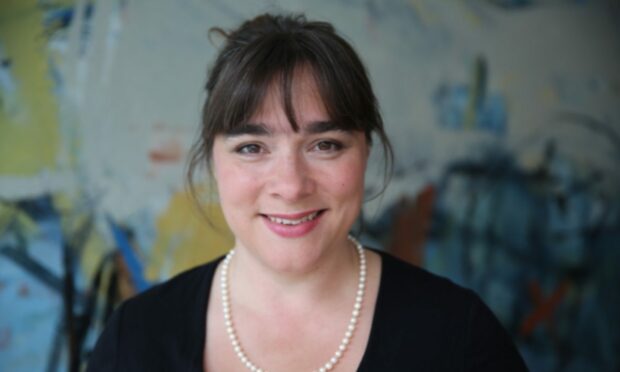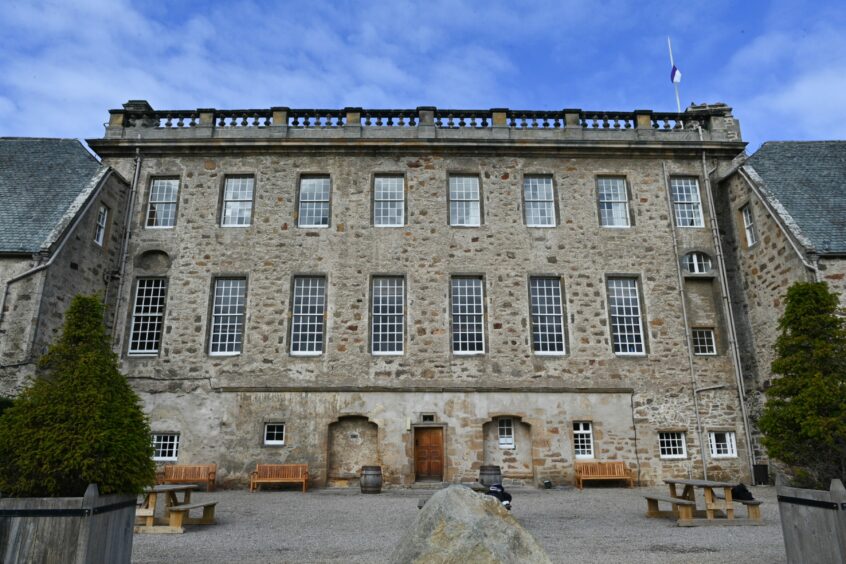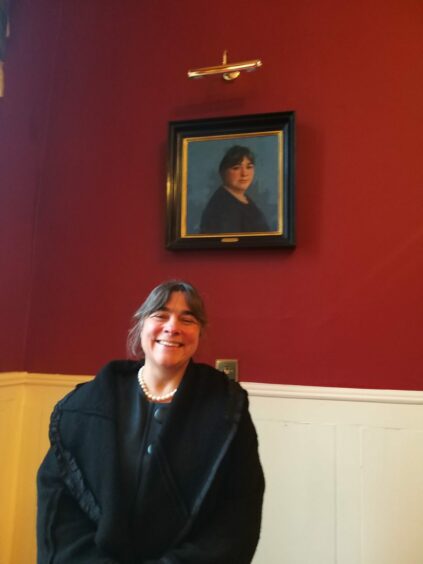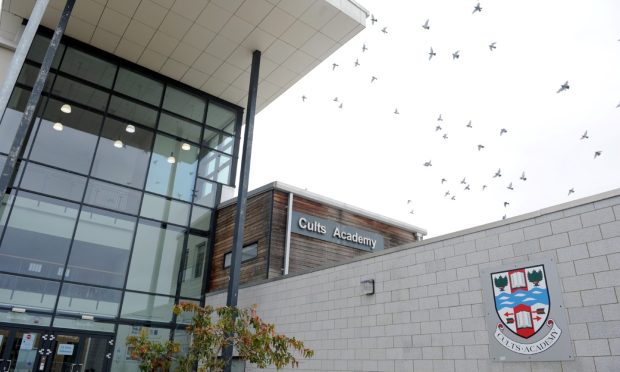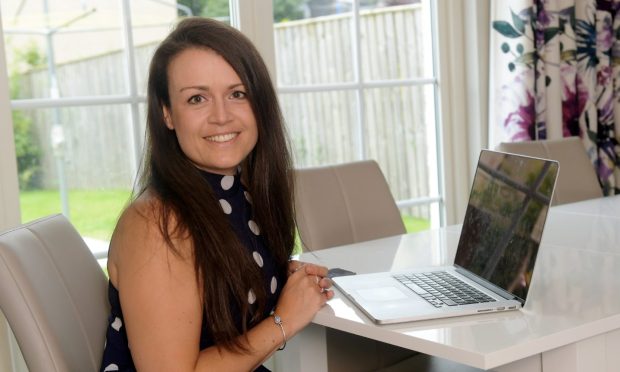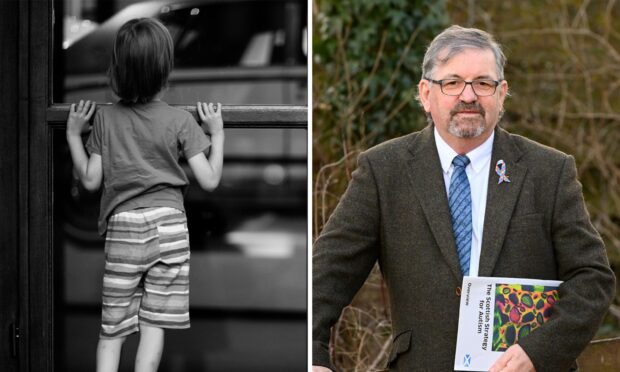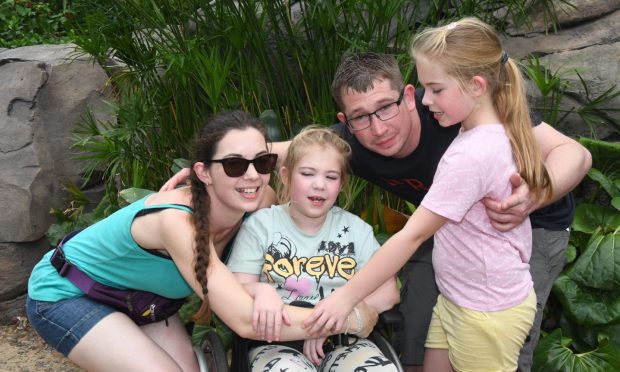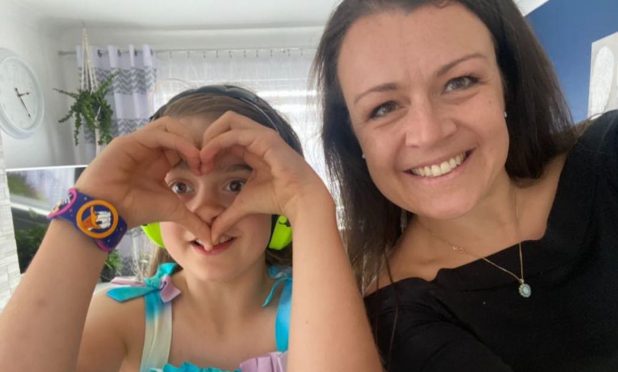Dr Eve Poole was made an Officer of the Order of the British Empire in the New Year Honours list.
She recalls the exact moment she received the news, while enjoying a spot of lunch with her husband in Edinburgh.
She thought it was a hoax, and jokes there could be many more OBEs with similar notifications lying unnoticed in their spam folder.
Joking aside, she describes the news as a “really exciting” recognition of her pioneering work in education and gender equality.
Eve Poole has forged a career out of merging two distinct worlds. The charitable and the corporate. Church and state. Private and public. Male and female.
Along the way, she’s blazed a trail for female leaders in male-dominated boardrooms, and championed the concept of ‘character education’.
Bringing that experience to Gordonstoun boarding school in Elgin, she’s widely credited with having breathed new life into the prestigious school.
Lifting Gordonstoun out of the doldrums
Gordonstoun nominated Dr Poole for an OBE in recognition of her leadership there, and her contribution to education more broadly.
The honour raised some eyebrows, since King Charles has publicly spoken about his difficult formative years at the school. However, he has also spoken warmly about its role in forging discipline and resilience.
Dr Poole sees this ‘character education’ as the heart of Gordonstoun. Nonetheless, when she became its first female chair in 2015 she wasted no time in tackling its problems too.
“It felt like Gordonstoun had lost its way,” she recalls. “It was struggling to keep up in the market and we had hit the doldrums.”
Dr Poole instigated a thorough restructure, a process she admits was “very painful for the whole community in Moray”. However, she felt it was a necessary step in ensuring pupils were not just well educated, but happy and safe too.
She commissioned Edinburgh University to undertake a study of what ‘character education’ means in practice, asking the whole school community for the essential values that define Gordonstoun.
“It meant that we didn’t cut out the wrong bits,” she explains. “We kept the heart of what Gordonstoun really is. Today, the school is back on its feet and doing really well. It’s a vibrant community that’s clear about what it stands for. I’m proud to have been part of saving the school.”
Character education is an umbrella term that captures the wider social, emotional and physical development of pupils beyond academic achievement. Dr Poole feels it’s absolutely crucial to modern life.
“It’s exactly what kids now need. They’re all heads down doing gadgets and suffering with anxiety and mental health issues, having to grow up too fast. The great thing about Gordonstoun is it’s a really deliberate attempt to hone their characters so they can be very brave and versatile.”
Women make great leaders
This is a particular interest of Dr Poole’s, who studied divinity and worked as a management consultant for Deloitte. She has a doctorate from Cambridge in theology and capitalism. These are seemingly disparate worlds, but for Dr Poole, the common thread is understanding how to get the best out of people, and for people.
Her appointment to Gordonstoun was described at the time as “bold” in the sense that the school had been led by men for 80 years.
“It was hugely radical,” she says. “I was the first female chair of the board of governors, younger than my colleagues and I also went to state school. I was an outsider, but that meant I had a lot more freedom to challenge things and make big changes.”
Dr Poole went on to hire the school’s first female principal and bursar. A passionate advocate of gender equality, she sees it not only as a moral obligation, but as a practical imperative. Simply, women make great leaders, and boardroom cultures will only benefit from new perspectives.
By way of example, she references the well known ‘fight or flight’ response that people experience in times of high pressure or threat. What’s less well known is that men and women respond differently to the stress hormone. Men release testosterone, resulting in an aggressive or defensive response.
By contrast, women release oxytocin – the love hormone – and are more inclined to communicate and seek peaceful solutions. It goes back to our cave dwelling days, where a man’s role was to hunt and a woman’s to protect the children.
We’ve come a long way from the caves, but classic business approaches still tend towards the masculine, and aggressive. Dr Poole points to a shortage of female leaders and role models. Her book, ‘Leadersmithing’, defines the kind of qualities any leader should work towards, regardless of gender.
Reaching out to abuse survivors
Dr Poole put that approach into action when allegations surfaced about historic abuse at Aberlour prep school, one of Gordonstoun’s feeder schools.
“At the time, there was lots of hiding under the bed and sending out the lawyers,” she says. “Instead, we wanted to face it head on. We launched a massive initiative to speak to the survivors, ask them what kind of help they needed, and review our policies to make sure that kind of thing couldn’t happen again. We led the sector in that response. It was a real privilege.”
Dr Poole credits that approach to female leadership techniques. “It’s a classic male reaction to hunker down, but women are more likely to knock on doors, pick up the phone and communicate. That behaviour feels risky to men, and women are often seen as weak leaders because of it. So we need to articulate that it’s a strategy, and a highly successful one.”
That female empowerment is intrinsic to character education, says Dr Poole. While she acknowledges well-kent criticisms of private education, she also points to its strengths.
“People have mixed views about private school,” she says. “We talk about Gordonstoun being comprehensive and compulsory – so everyone has to do everything, you can’t just skive off if you’d rather play your cello. That means kids get a really extraordinary opportunity to try loads of different things. They will fail at some of them but then they know that’s normal.
“For the women in particular, you see yourself against chaps doing all kinds of things. In some of them the guys are better than you but in a lot they’re not, so you’ll never think you’re inferior again. We get some really good feedback from women in senior leadership positions who say they were never scared because they had that experience of trying and failing. They are fearless.”
